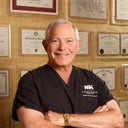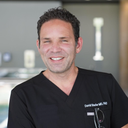Risk of Hair Loss After Browlift
i would like to have a browlift. i am worry about the loss of hair. My hair is very thin. In addition. I have been searching information and my understanding about endoscopic browlift is that it will last only a few years versus the open brown lift that will be last for more that 10 years. I am 46, I went to see a doctor and he told me I should have botox instead of the surgery. I don't think this will be an option for me because of the price and the time I will be spending on botox brownlift. Thanks for your answers,










